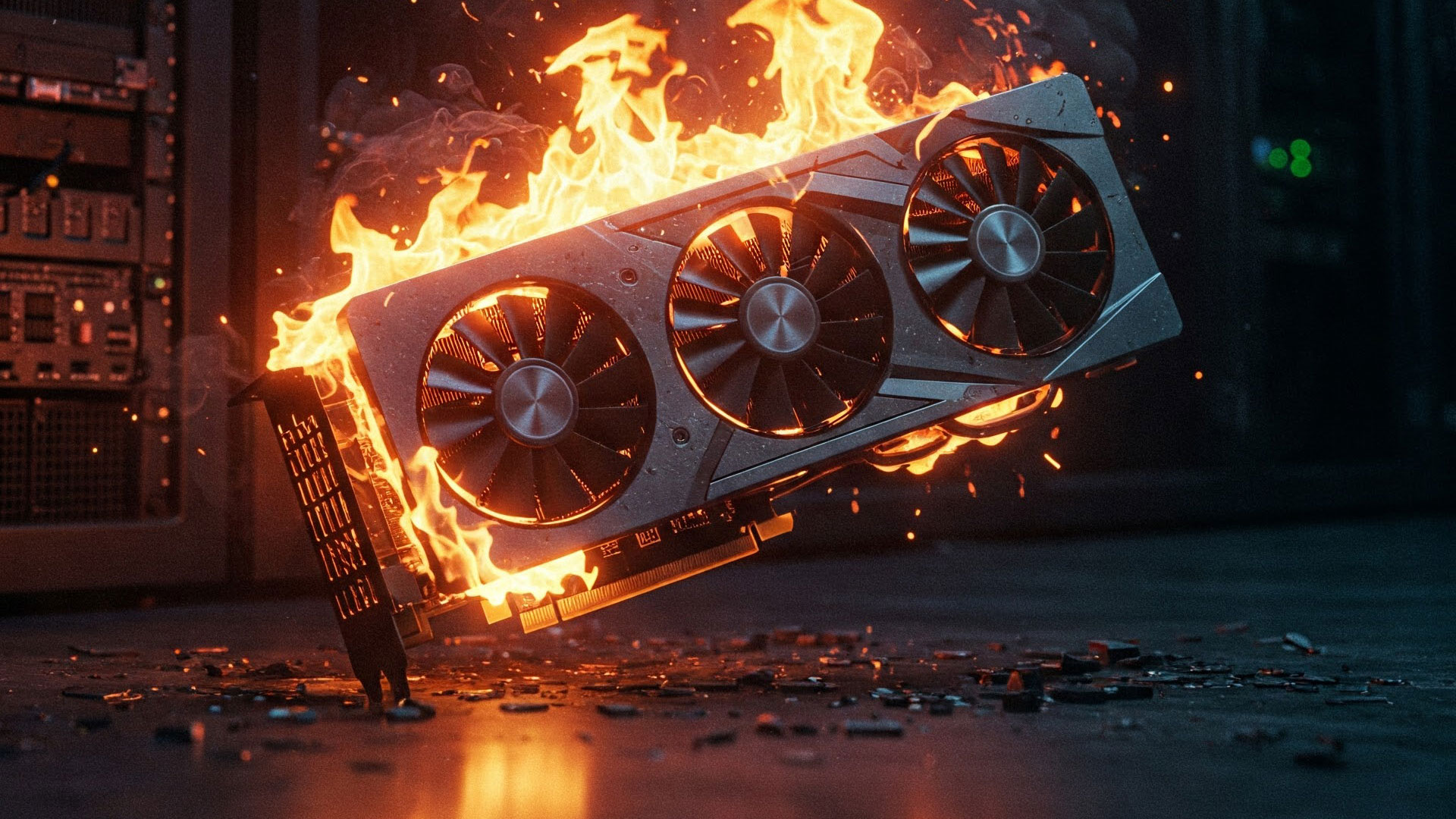Tim Sweeney assures that the performance failures are not from the engine, but from the lack of optimization.
More stories in the category News
- Resident Evil Requiem already has a record speedrun: completed in just 2 and a half hours
- Only 24 hours: this Xbox Series game becomes completely free
- The Xbox Store adds new filters: you can now sort by price, discount and most wanted
| Don't miss anything and follow us on Google News! |
The Unreal Engine 5 has become one of the most popular engines in the industry, powering major productions that bet on cutting-edge graphics. However, its growing adoption has also brought a recurring debate: are games developed with this technology suffering from too many technical issues?
- You might be interested in: Unreal Engine and the problems in Mafia: The Old Country
Recent titles like Metal Gear Solid Delta: Snake Eater have raised doubts about their performance on PC, putting the Epic Games engine in the spotlight. But from the company’s perspective, it’s clear: the blame lies not with the tool, but with how it’s used.
Tim Sweeney points to optimization as the real problem
In statements to This Is Game, Tim Sweeney, CEO of Epic Games, assured that performance issues are not the engine’s responsibility, but rather the development process. According to him, many studios start their projects by testing on high-end hardware and leave optimization for more modest equipment until the final stages, resulting in unstable performance on PC.
The main reason why Unreal Engine 5 games don’t work properly on certain PCs or GPUs is the development process. Many start with high-end hardware and optimize late.
Epic acknowledges that optimization is a complex task, but insists it should be addressed from the beginning of production. At the same time, the company claims it’s working on strengthening engine support and providing better training for developers, with the goal of minimizing these issues in future releases.
Thus, Unreal Engine 5 will continue to be one of the industry’s most important bets, although the technical success of each game will depend largely on how teams implement it.






